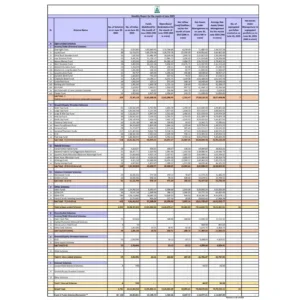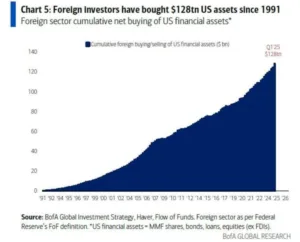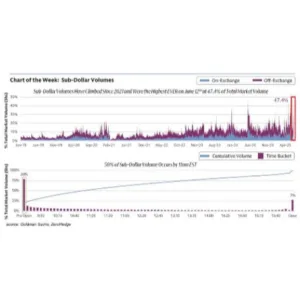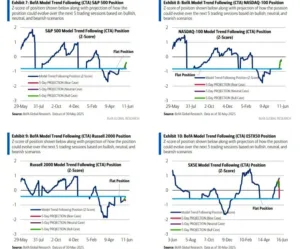Rating Overview:
Fitch Ratings has affirmed India’s Long-Term Foreign-Currency Issuer Default Rating (IDR) at ‘BBB-‘ with a Stable Outlook. This decision is influenced by several key drivers and considerations outlined below.
1. Robust Growth, Fiscal Challenges:
– India’s rating is supported by robust medium-term GDP growth and sound external finances.
– Weak public finances, indicated by high deficits, debt, and interest/revenue ratio compared to peers, remain a significant constraint.
2. Growth Outperforming Peers:
– India is expected to be one of the fastest-growing countries globally.
– Forecasted GDP growth for FY24 is 6.9%, driven by government capex and gradual acceleration in private investment.
3. Strong Growth Prospects:
– India’s potential GDP growth is estimated at 6.2%, supported by infrastructure development, private investment, and favorable demographics.
– Sustained reforms could further boost growth, but risks exist, including uneven implementation and labor market weakness.
4. Core Inflation Contained:
– While headline inflation experienced volatility, core inflation decelerated, reaching 3.7% in December 2023.
– Forecasted easing of headline inflation towards 4.7% by end-2024 could lead to a policy rate cut by the Reserve Bank of India (RBI).
5. Improving Banking Sector:
– Sustained improvements in asset quality and profitability have strengthened the banking sector.
– Private-sector credit growth is expected to remain high, driven by the service sector and retail loans.
6. Deficit Target and Fiscal Challenges:
– Forecasted general government fiscal deficit is 8.6% of GDP in FY24, with challenges in managing subsidy and income support spending.
– The fiscal consolidation path beyond FY24 faces uncertainties, with trade-offs between economic growth and consolidation becoming more acute.
7. Stable, High Public Debt:
– Projected general government debt is 82.7% of GDP at FYE24, higher than the BBB median.
– Limited fiscal buffers amid high GDP growth narrow fiscal headroom for potential economic shocks.
8. Continuity Likely After Elections:
– Anticipated policy continuity after the general election in April-May 2024, with gradual fiscal consolidation and economic reform momentum.
9. Surging Portfolio Inflows:
– Expectation of rising foreign-exchange reserves due to large portfolio inflows, particularly in equity markets.
– FX reserves forecasted to reach USD 654 billion by end-2024.
10. ESG Considerations:
– India’s ESG Relevance Scores highlight political stability, rights, rule of law, institutional quality, and control of corruption as significant factors.
– Positive impacts on the credit profile are observed in governance indicators, while concerns arise in areas like human rights and political freedoms.
Rating Sensitivities:
Negative:
– Rising general government debt/GDP ratio.
– Structurally weaker real GDP growth outlook.
Positive:
– Implementation of a credible medium-term fiscal strategy.
– Higher medium-term investment and growth rates without macroeconomic imbalances.
Sovereign Rating Model (SRM) and Qualitative Overlay (QO):
– Fitch’s SRM assigns India a score equivalent to a rating of ‘BB+’ on the LT FC IDR scale.
– The qualitative overlay compensates for SRM output volatility attributed to the pandemic shock.
Country Ceiling:
– India’s Country Ceiling is ‘BBB-‘, aligning with the LT FC IDR.
– No material constraints or incentives against capital or exchange controls that would impede private sector transactions.
ESG Considerations:
– ESG Relevance Scores emphasize governance indicators and their impact on the credit profile.
– Scores for political stability, rule of law, and creditor rights have positive effects, while concerns exist in areas like human rights.
Read Fitch Full Report.
Bringing you the latest updates on finance, economies, stocks, bonds, and more. Stay informed with timely insights.




















Be First to Comment